When professional theatres select their season, it is often a process of balancing the needs and values of the institution with the needs and interests of the audience. Even if the theatre’s goal is to broaden the audience’s palette, global perspective, or deepen community knowledge, there remains at least an awareness of—if not an emphasis on—the audience as stakeholders in the production or, in other words, as ticket buyers. In selecting a theatre season at an academic institution or training program, that emphasis shifts specifically and significantly from the stakeholders in the production to the stakeholders in the process: the students.
Emerson Stage is the producing organization within the performing arts program at Emerson College, serving 550 students across 9 different BFA programs. We produce a nine-show season that includes two musicals and one theatre piece for young audiences (TYA) each academic year. We function as a laboratory and, therefore, our season can be seen to function as a series of experiments—experiments in learning how to work under a certain rehearsal model and learning how to collaborate while creating conditions to grow each student’s individual tastes, aesthetics, and preferences.
At Emerson Stage, students are not only our actors, designers, stage managers, and crew, they are also our production supervisors, company managers, assistant directors, and dramaturgs. Students who interact with Emerson Stage do so in a number of possible ways over the course of each year. With that level of involvement in all areas, when it comes to choosing the shows themselves, it seems problematic to hoist a season onto the student body. While there is a long history in academia of a few making the choices that will shape a big part of the active learning experiences for the many, doing so can be seen as a missed opportunity for everyone. And so, Emerson Stage chooses its season differently.
Since joining Emerson as the artistic director of Emerson Stage, my goal has been to find meaningful ways to increase and formalize student involvement in our season selection process. This includes exposing students to all the producorial challenges, necessary compromises, and long-term strategies that are always required when planning a season. Ideally, the entire performing arts community will start seeing the season as a testament of their values rather than a series of individual shows.

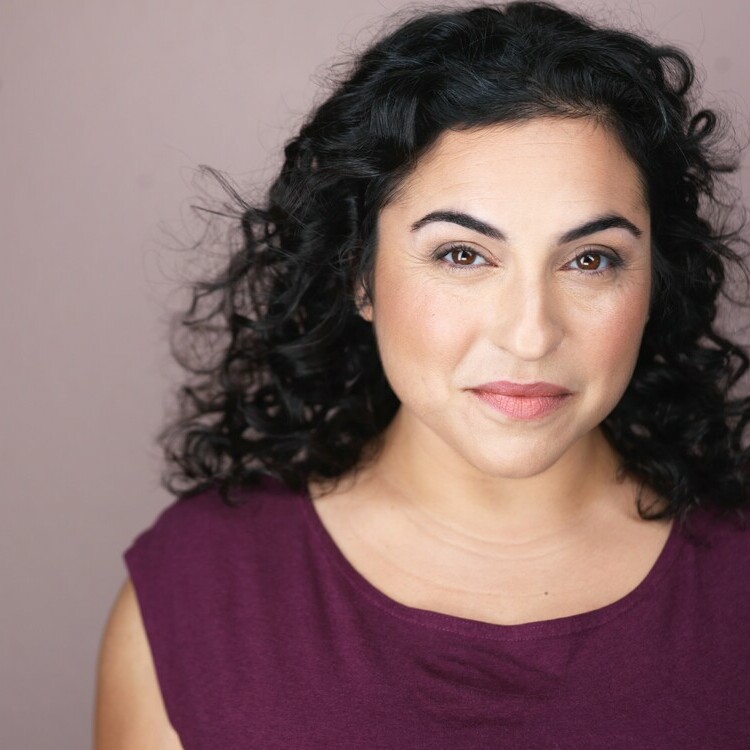
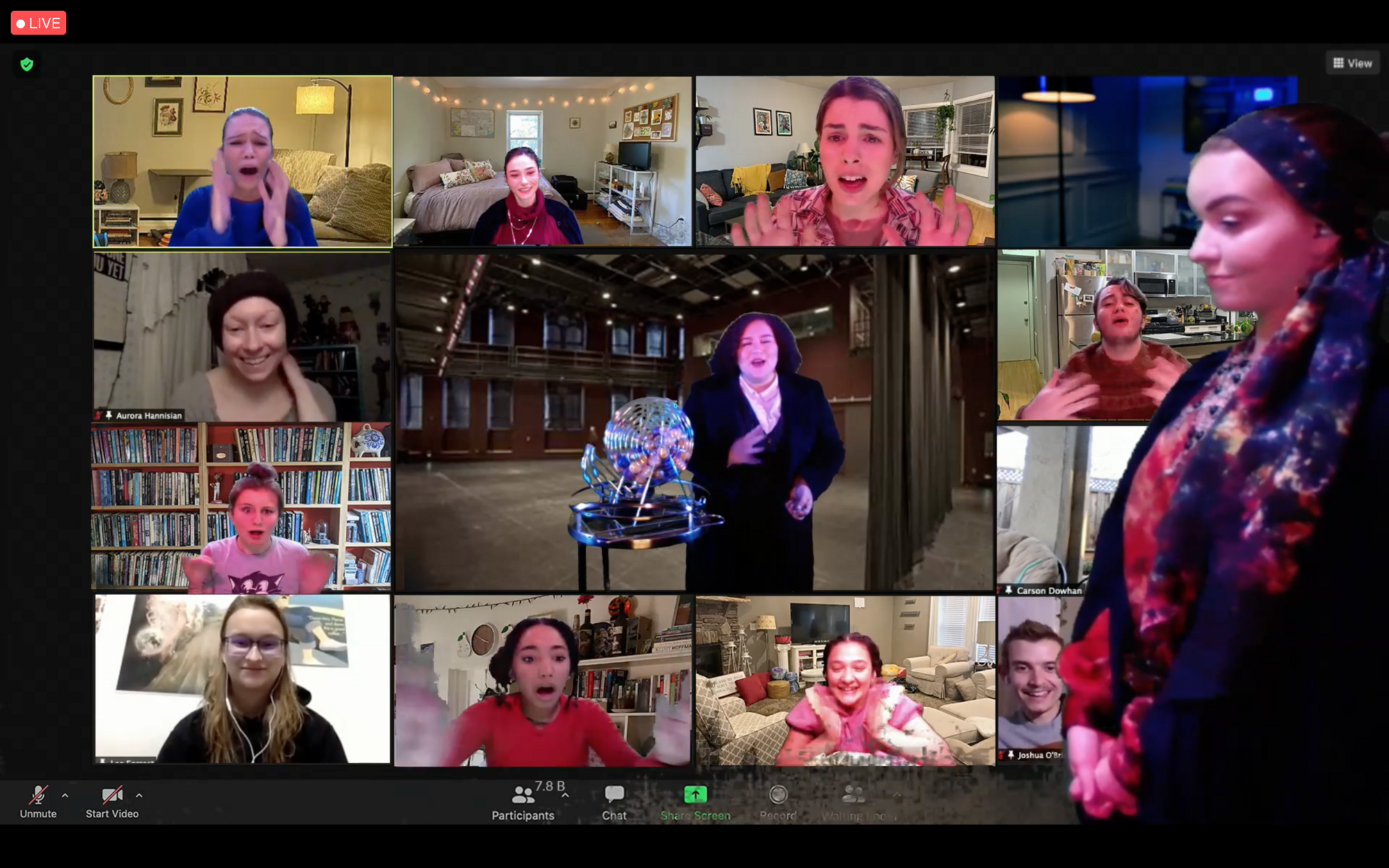
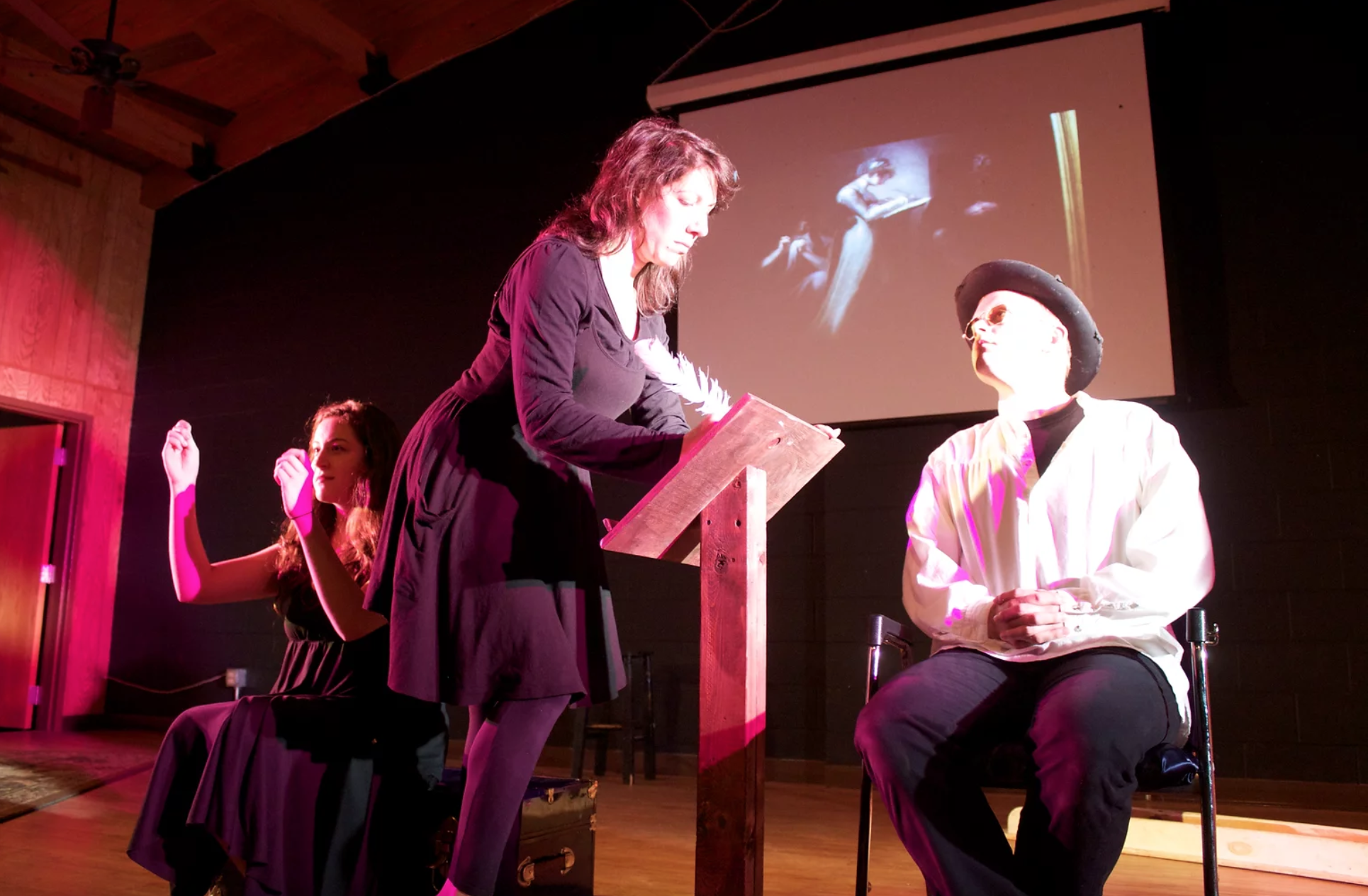
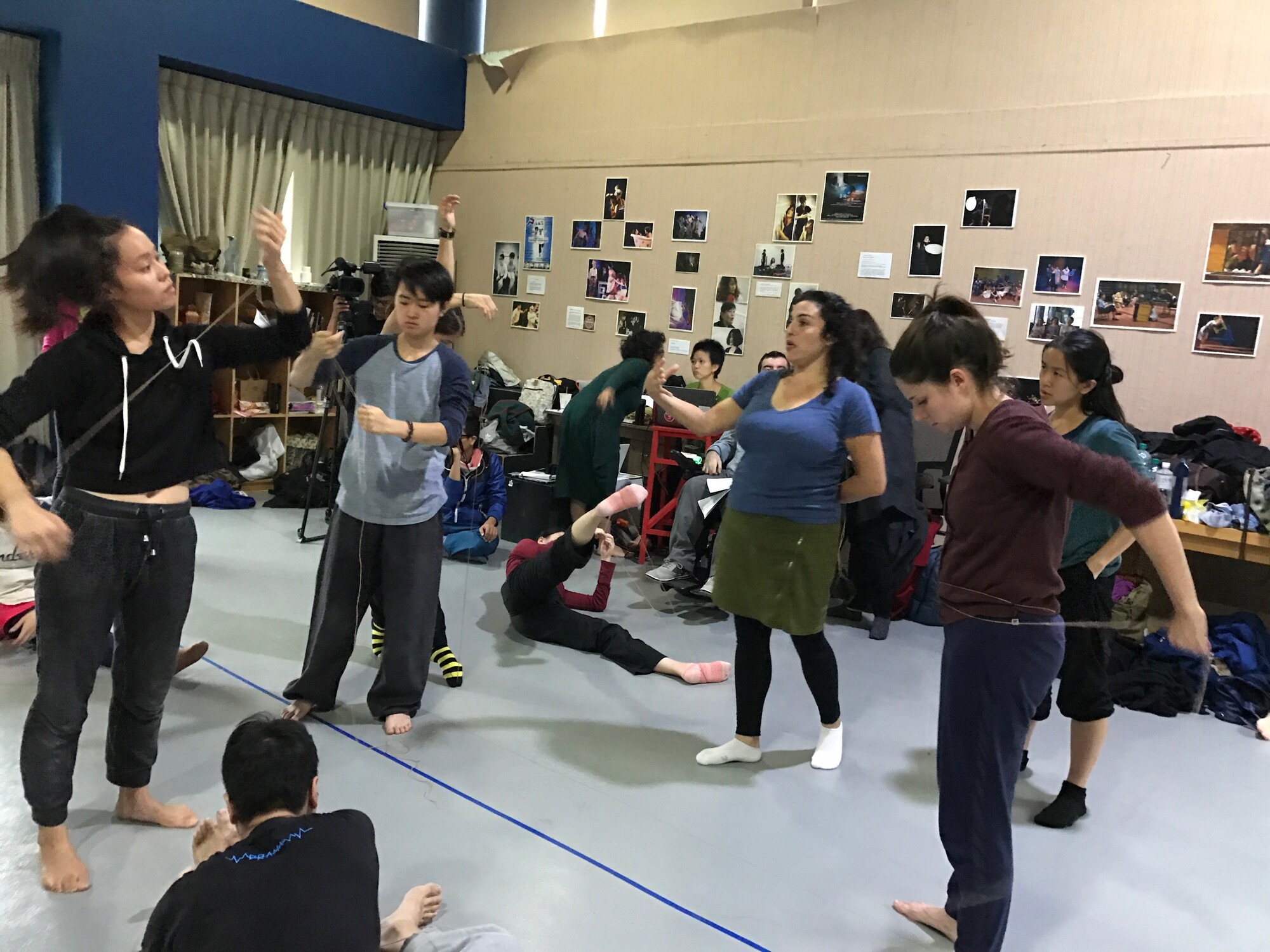
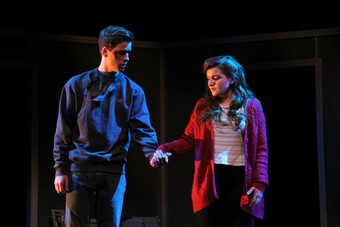

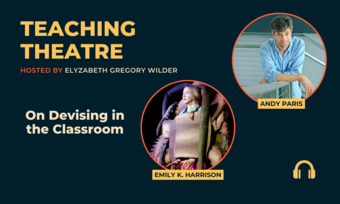



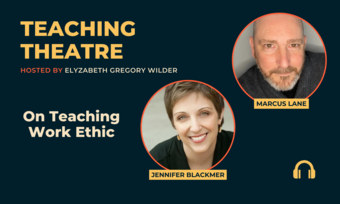


Comments
The article is just the start of the conversation—we want to know what you think about this subject, too! HowlRound is a space for knowledge-sharing, and we welcome spirited, thoughtful, and on-topic dialogue. Find our full comments policy here
Hi, great essay sharing with us a great process for growth! Echoing Tom's last question, i'm wondering of calendar timeline? Also, what about subcommittee work becoming paid internships? Can Emerson contribute to the movement for undergraduate work to be paid, and retiring expectations of internships or committee project work to only be available on an unpaid basis? That move can do a lot for enabling a broader base of students to participate. Wishing well, seeley quest
Thanks you so much for writing so articulately about your process. I've always had a fascination with the processes of selecting seasons and shows, and how the two are distinctly separate entities. My own college department is currently in process of reworking our season selection process, and are trying to "bake into" the process articulate considerations along the lines fo Equity/Diversity/Inclusion/Accessibility. So, it was fascinating to hear how your process has (and continues to) evolve. We too are seeking more student involvement, but are also wary of the workload that it potentially places on them to be fully integrated into what is a time-consuming process, and one for which they may not personally see the results (we have to work a year out because of administrative realities).
I'm curious a bit about calendar... how long into the fall does it take fo you to come to a final slate?
thanks again,
Tom